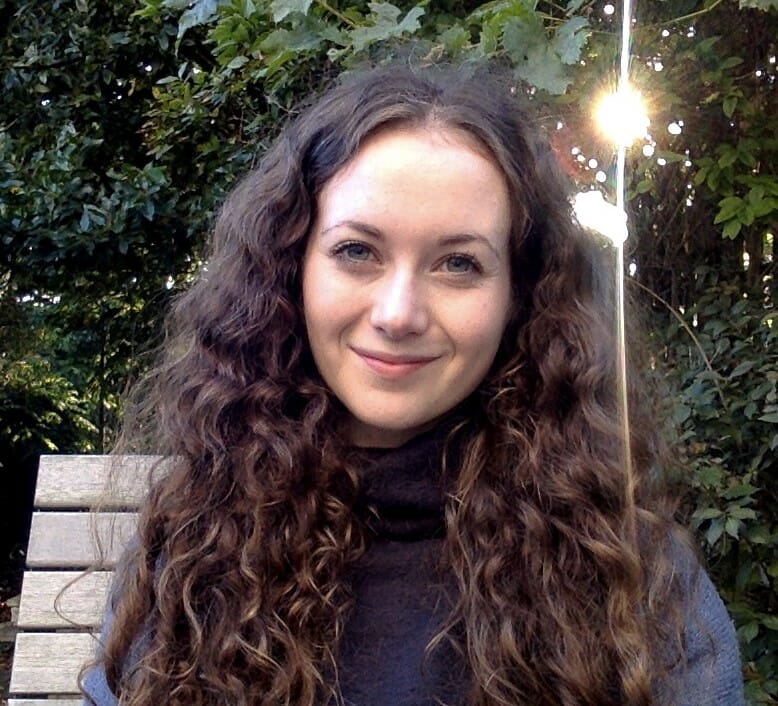
In this episode, David interviews Dr. Roberta Murphy: training medical psychotherapist and member of the Imperial Centre for Psychedelic Research.
This is a rare impromptu podcast, recorded about a half hour after David heard Murphy speaking on a panel at UK’s Breaking Convention conference. He asked her if she wanted to be on the podcast sometime, and before they knew it, they were recording. Fastest turnaround ever?
She discusses her past research and what she’s doing at Imperial College; her work on a psilocybin for depression trial; her hopes for psychedelics treating people with Parkinson’s; and her recent co-written paper on the ARC Framework (Access, Reciprocity and Conduct), where she will be focusing strongly on the Conduct aspect through her work at Imperial.
And she talks about her other paper exploring the impact of one of the more important aspects of therapy: the therapeutic alliance on the psychedelic experience. How does the treatment dynamic between the therapist and the client impact the outcome (and course) of the therapy, and what determines whether it’s neutral, negative, positive, or very positive?
Notable Quotes
“It makes sense in a way that you might need to kind of work through those mistrust feelings before you get into a deeper layer, and then in the next session they were able to (I think because they felt a bit safer with us) let go and have a bit more of a typical psychedelic experience where they visualized things and saw things. …I think that that can often then be mistaken as resistance or like nothing’s happening. But there’s always something happening, it’s just sometimes it’s a little bit more nuanced or a little bit harder to pick up and work with. But there’s always something happening. You just might have to zoom in a bit to see it.”
“There’s a difference between a challenging experience that occurs, is processed, and worked through vs. a challenging experience where people kind of never really work with it, it doesn’t get processed, and they get quite stuck in it. …I do think that if you have a good container of a therapeutic relationship, it can help you to work through and process, and I think if you don’t have that, it’s more likely that you’ll end up with something a bit stuck, because I think in order to process, you often need to go in and go deep. And if you don’t feel safe to do that, you’re just going to kind of float on the edge, in a way, and never quite get through.”
Links
Researchgate.net: ARC: a framework for access, reciprocity and conduct in psychedelic therapies

